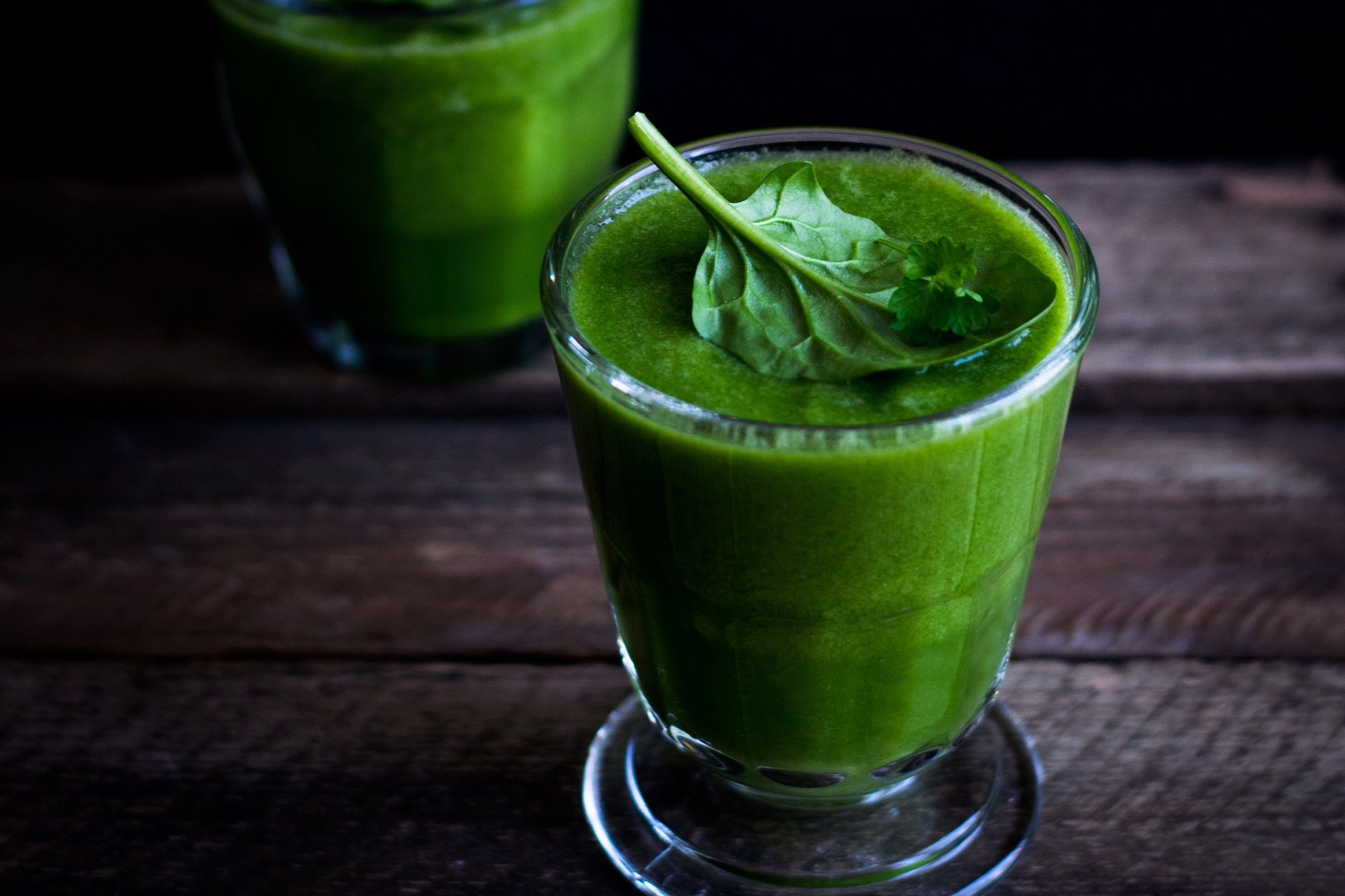
Although THC (delta-9-THC) and CBD are the best known and most studied cannabinoids, there are more than 100 others like them, with their own characteristics and therapeutic applications. Delta-8-THC is one of them. It has a slightly lower psychoactive potency than THC (delta-9-THC). Clinical and preclinical studies have already pointed out the antiemetic, anxiolytic, appetite stimulant, analgesic and neuroprotective properties of this cannabinoid. The most relevant cannabis researcher, Professor Raphael Mechoulam, researched Delta-8-THC during the 1990s and commented on its use. Follow up!
Meet the Delta-8-THC
Cannabis is a plant that has been present in nature for thousands of years and is full of chemical constituents. Some of them are known as cannabinoids and are able to connect to receptors present throughout our body, promoting a range of physical and mental effects, which can be used to benefit health and treat various pathologies, such as epilepsy and depression.
Among these substances, THC (delta-9-THC), or Delta-9-tetrahydrocannabinol, is the best known, followed by CBD, or cannabidiol. However, these are not the only important chemical compounds present in cannabis.
Delta-8-THC is one of the four most abundant cannabinoids in the plant. According to the US National Cancer Institute, it binds to CB1 receptors located in the central nervous system and has antiemetic, anxiolytic, appetite-stimulating, analgesic and neuroprotective properties. In addition, Delta-8-THC has affinity for CB2 receptors, although further studies are needed to determine the functioning of this binding mechanism.
Want to find out more about CB1, CB2 and the Endocannabinoid System? Read: Endocannabinoid system: what it is and how it works
 Despite being similar to its psychoactive relative THC, it has relevant differences and therapeutic applications as well. In a statement to Dr. Cannabis, Professor Raphael Mechoulam – the world’s leading reference in medicinal cannabis – commented on the cannabinoid: “Delta-8-THC is also psychoactive, but less than Delta-9-THC.”
Despite being similar to its psychoactive relative THC, it has relevant differences and therapeutic applications as well. In a statement to Dr. Cannabis, Professor Raphael Mechoulam – the world’s leading reference in medicinal cannabis – commented on the cannabinoid: “Delta-8-THC is also psychoactive, but less than Delta-9-THC.”
Delta-9-THC and Delta-8-THC: Similarities and Differences
From the standpoint of chemical structure, Delta-8-THC differs from Delta-9-THC only by a chemical bond. Both contain double bonds in their molecular chain. However, Delta-8-THC contains this bond in the 8th carbon chain, while Delta-9-THC contains the bond in the 9th.

For ease of understanding in this matter we will call the Delta-9-THC, just THC and the Delta-8-THC by its full name.
While the difference is subtle, it does have effects on how the body’s endocannabinoid receptors bind to and respond to the molecule.
Additionally, Delta-8-THC is more stable than THC, a desirable trait when it comes to a medicinal compound.
According to Raphael Mechoulam “Delta-8-THC is much more stable than THC.”
Mechanism of action
Delta-8-THC binds to the CB1 receptor, as does THC. However, its affinity for the receptor is different due to its slightly altered molecular structure. The CB1 receptor is responsible for mediating most of the psychoactive effects of THC .
This differentiated binding may account for the effects of Delta-8-THC commonly accompanying less anxiety and greater ability to concentrate. It is possible that its unique molecular structure also affects the substance’s effects on other receptors and neural pathways.
Therapeutic Uses of Delta-8-THC
A series of clinical and pre-clinical studies have shown the therapeutic potential of Delta-8-THC, in addition to presenting the unique properties that the substance has:
1- Pain and anti-inflammatory effects
A 2018 preclinical study showed that Delta-8-THC helps to decrease pain and inflammation in corneal injuries. The research also found that cannabinoids, when applied topically, help reduce pain and reduce inflammation through its effects on CB1 receptors. Another preclinical study in rats reported that Delta-8-THC provides pain relief. However, cannabinoid tolerance developed rapidly.
2- Anxiety
According to the US National Library of Medicine , Delta-8-THC has similar anxiety-reducing qualities to THC. Although there is currently a need for more literature investigating its anxiolytic potential, anecdotal reports state that Delta-8-THC consumption results in mild psychoactive effects without the anxiety that can sometimes accompany THC use.
3- Anti-Nausea Effects
The nausea-fighting potential of Delta-8-THC has been reported in a 1995 study conducted by Raphael Mechoulam. The study followed eight pediatric cancer patients over two years and found that no vomiting occurred when the patients ingested delta-8-THC before and for 24 hours after cancer treatment. The study also reported few side effects.
4- Appetite stimulant
Delta-8-THC can also help to stimulate your appetite. Research conducted in mice and published in a 2004 issue of “Pharmacology, Biochemistry and Behavior” found that a low-dose cannabinoid administered to mice for 50 days resulted in a 22% increase in food intake compared to controls. The research also reported that Delta-8-THC increased food intake significantly more than THC, which is a known appetite stimulant.
Side Effects and Warnings
There is still a lot to discover about Delta-8-THC, which requires a cautious – but possible – approach to its use. Currently, this cannabinoid is mainly available in concentrated forms because most cannabis flowers contain less than 1% of the compound.
While some Delta-8-THC concentrates are isolated, other products can combine Delta-8-THC with CBD and/or THC to favor the entourage effect.
Much of the current knowledge about Delta-8-THC is based on animal studies. The research indicated that its use (along with THC) resulted in a slight increase in blood pressure by temporarily constricting blood vessels. The rise in blood pressure was followed by a fall and finally a slower heart rate. That said, the effects seen in animals can be very different from the effects seen in humans, as evidenced in a systematic review of 2018. For example, while Delta-8-THC significantly decreased heart rate in animals, in humans the effect was the opposite.
The review authors concluded that there is limited data on the effects of delta-8-THC and more studies need to be conducted in human populations to understand how it induces changes in blood flow.
With advances in research, and consequently, in the knowledge we have about cannabinoids, the possibilities of treatments based on cannabis may expand exponentially. There are studies being conducted and a number of anecdotal reports in this regard. Furthermore, the possibility of using the therapeutic properties of Delta-8-THC here in Brazil already exists through importation.








